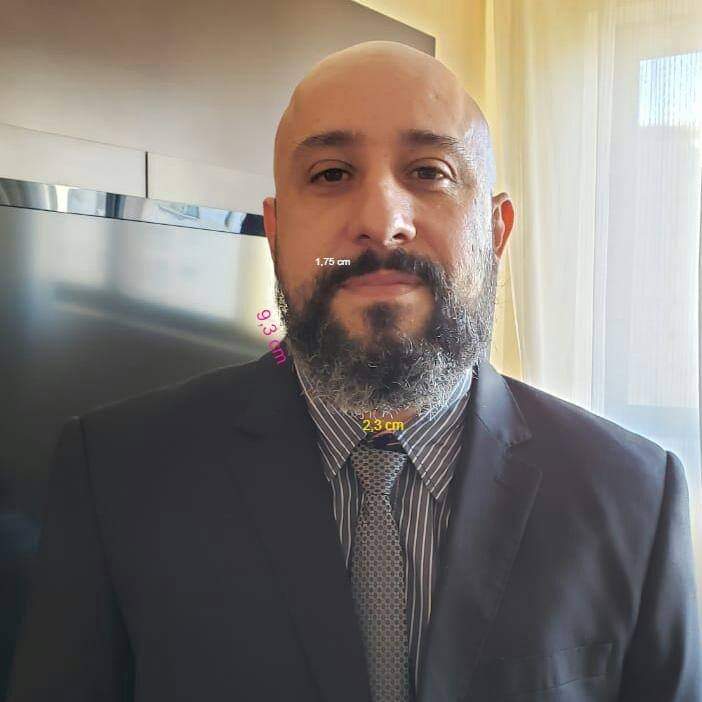| Biography | |
|---|---|
 Prof. Charles Roberto Telles Federal University of Paraná and Secretary of State for Education and Sport of Paraná, Brazil |
|
| Title: Predicting SARS-CoV-2 infectious dissemination patterns by removing S and R compartments from SIR model equation | |
| Abstract: This research points to the asymptotic instability of SIR model and its variants to predict the behavior of SARS-CoV-2 infection dissemination patterns over the population and time series aspects. Mainly for the “S” and “R” terms of the equation, the predictive results fail due to confounding environment of variables that sustain the virus contagion within population complex network basis of analysis. While “S” and “R” are not homologous data of analysis, thus with improper topological metrics used in many researches that considers a given SIR model as a global solution of the complex COVID-19 transmission; these terms leads to the asymptotic feature of “I” term as the most stable point of analysis to achieve proper predictive methods globally. Having “I” in its basis of formulation the policies adopted by countries, “I” therefore presents a stable fixed point orientation in order to be used as a predictive analysis of dissemination patterns of SARS-CoV-2 infection within a specific region of daily new cases time series worldwide. Keywords: COVID-19; Mathematical Modeling of Infectious Diseases; SIR Model and Variants; Policies Convergence and Stability Properties; Predictive Methods. | |
| Biography: Charles is a researcher in the public services at Paraná, Brazil. His main fields of knowledge are related to applied mathematics, biology and physics. Some of his main contributions to the public administration of Paraná Government were analysis of public expenditures, demand and supply of goods with time regulated dynamics, information flow analysis in bidding workflow, asymptotic stability under massive administrative agents and work sharing as a metric and productivity indicator for administrative workflows. In order to improve education quality and availability in this pandemic period, COVID-19 researches were performed and his latest works produced are "Sars-cov-2 three forcing seasonalities: policies, environment and urban spaces", " Predicting SARS-CoV-2 infectious dissemination patterns by removing S and R compartments from SIR model equation" and “Influence of countries adopted social distancing policy for COVID-19 reduction under the view of the airborne transmission framework”. | |
